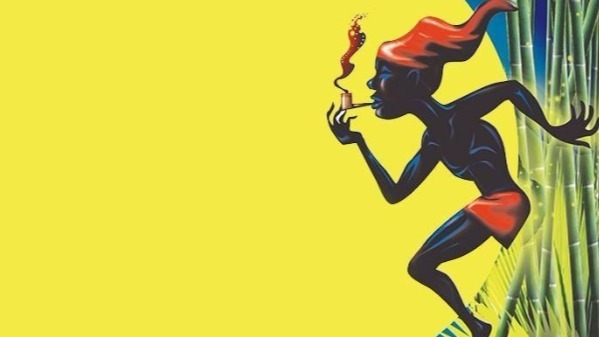laissez-faire is a French expression that literally means "let it do", and is considered a symbol of liberal economy defended by capitalism.
According to economic liberalism, the state must "let the market do" without interfering with the operation of this, limiting itself only to creating laws that protect consumers and the rights of properties.
an economy laissez-faire it is not controlled by the government, and companies can solve their business without any kind of interference from the State.
According to Adam Smith (1723 - 1790), a classical philosopher and economist who advocated the principle of laissez-faire, the only intervention of the State should be limited to guaranteeing law and order, national defense and the provision of some public goods that would not be of interest to the private sector, such as public health, education, sanitation basic, etc.
See also:meaning of capitalism.
The complete expression that reveals the idea of "free trade" and which originated "laissez-faire"
é laissez faire, laissez aller, laissez passer, le monde va de lui-même, which literally means "let it do, let it go, let it go, the world goes by itself". This phrase would have been used for the first time, in association with economic liberalism, by the Marquis de Argenson, in 1751.the beginning of laissez-faire became popular in the United States and the richest countries in Europe during the late nineteenth and early twentieth centuries.
See also:meaning of liberalism.


